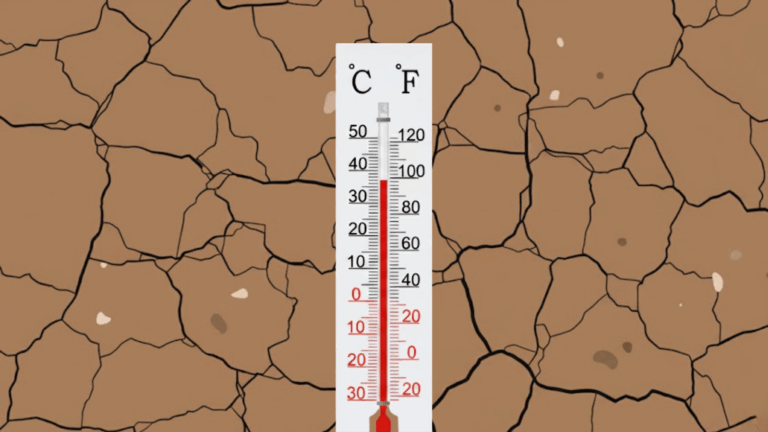A New Unifying Issue: Just About Everyone Hates Data Centers
Recent election results and evidence from states show misgivings about the growth of AI and the ramifications for energy costs and the environment.
Current Access Level “I” – ID Only: CUID holders, alumni, and approved guests only
Past Event
November 13, 2020
12:00 pm - 1:00 pm
Please join the Center on Global Energy Policy for a student-only virtual roundtable discussion with Dr. Leah Stokes, Assistant Professor of Political Science, University of California, Santa Barbara (UCSB). Dr. Stokes will address the agenda for federal climate policy and her efforts to engage with the public and policy-makers on climate change. She will also discuss key themes from her book, https://global.oup.com/academic/product/short-circuiting-policy-97801900…” target=”_blank”>Short Circuiting Policy: Interest Groups and the Battle Over Clean Energy and Climate Policy in the American States.
Biography
Dr. Leah Stokes is Assistant Professor in the Department of Political Science and affiliated with the Bren School of Environmental Science & Management and the Environmental Studies Department at the University of California, Santa Barbara (UCSB). Her research examines public policy, public opinion and political behavior, with a focus on energy, environment and climate change. Her recent book Short Circuiting Policy (Oxford University Press) examines how interest groups have tried to weaken clean energy laws across the American states. Other ongoing projects include examining protests against energy infrastructure, political staff in Congress, environmentalists’ electoral participation, violence against environmental activists, and effective water conservation policy in California. Prior to academia, Dr. Stokes worked at the Parliament of Canada and Resources for the Future. She is also the co-Chair of the Scholars Strategy Network’s Working Group on Energy & Climate, and a Fellow at the Initiative for Sustainable Energy Policy at John Hopkins SAIS and the University of Calgary School of Public Policy. She completed her doctoral degree in Public Policy in the Department of Urban Studies and Planning’s Environmental Policy & Planning group at the Massachusetts Institute of Technology and received a Master of Science degree from MIT's Political Science Department. Before that, she completed a Master of Public Administration degree in Environmental Science & Policy at SIPA and the Earth Institute at Columbia University. She also has a Bachelor of Science degree in Psychology and East Asian Studies from the University of Toronto.
—
Registration is required. This event is open only to currently-enrolled Columbia University students.
For more information contact mailto:[email protected]” target=”_blank”>[email protected].
This event is open to Columbia University students only. Join the Center on Global Energy Policy’s Women in Energy initiative for an interactive discussion on human rights and...

*Registration is closed for this event. The Center on Global Energy Policy at Columbia University SIPA's Women in Energy initiative, in collaboration with the Columbia Policy Institute, invites...

While various efforts continue to be made to estimate fashion’s environmental footprint, major gaps remain in how to decarbonize material production and reshape business practices.

This event is at capacity, registration is closed. In the wake of federal rollbacks, climate professionals are increasingly turning to state and local governments, philanthropy, and the private...

As diplomats meet in Brazil for COP30, global resolve to tackle the climate challenge appears badly frayed.

The fashion industry sits at the intersection of climate, energy, and consumption, facing growing pressure to cut emissions, transition to clean energy, and build circular systems across global supply chains.

As the host of COP30, Brazil has an unprecedented platform to demonstrate its climate leadership.
